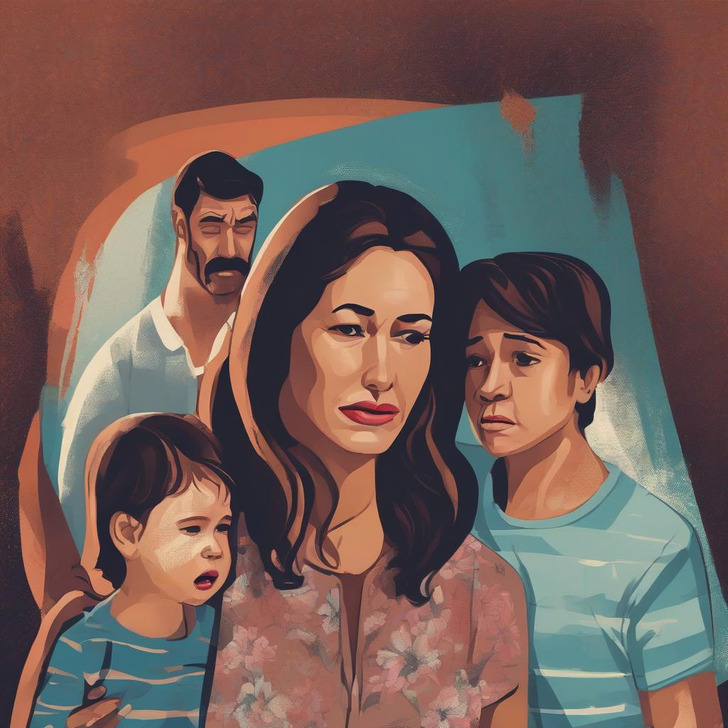Marriage can bring additional stress into a woman’s life as they juggle work, parenthood, and their relationship. These stressors may manifest as physical symptoms such as headaches, exhaustion, and irritability. Parenting also contributes to this burden, yet surprisingly, husbands may cause more stress for wives than their children do. A study reveals that 46% of wives claim their children create less stress than their spouses, and this finding isn’t related to infidelity or mistreatment.
A husband acts like an extra child.

The reality is that men tend to exhibit childlike behavior until their mid-forties, evidenced by their casual approach to certain matters and interactions with children. “A 7-year-old is going to be a 7-year-old. But a 35-year-old acting like a 7-year-old is more stressful because they should know better,” explained a respondent during the research.
Typically, fathers engage in playful activities with their kids, causing them to be perceived as a friend, a source of fun, and a partner in mischief. On the other hand, mothers are more focused on child-rearing aspects such as discipline, health, and education, and are more involved in their children’s daily routines, often enforcing rules and restrictions. This dynamic may strain the mother-child relationship and potentially cause conflict between parents.

To address this issue, maintaining a united front is key. When one parent sets a boundary, the other should reinforce it. By working together and establishing consistent rules, parents can minimize confusion and maintain balance.
Additionally, sharing the responsibility of daily childcare can alleviate stress. Children rely on their parents for support in various aspects of life, such as joining extracurricular activities, maintaining their health, and scheduling appointments. Fathers who actively participate in these tasks can help ease the burden on mothers, allowing them to relax, let go of the need to control every aspect, and engage in more lighthearted interactions with their children and partners.
The burden of household chores primarily undertaken by women can become overwhelming.

A straightforward solution is for husbands to contribute actively to household chores. Equitable distribution of domestic responsibilities is a key factor in fostering a healthy and lasting marriage.
Recognizing and valuing each other’s efforts is essential, acknowledging that all work, paid or unpaid, holds significance. By splitting chores evenly, couples can not only complete tasks more efficiently but also create opportunities for quality time together, strengthening their bond.
